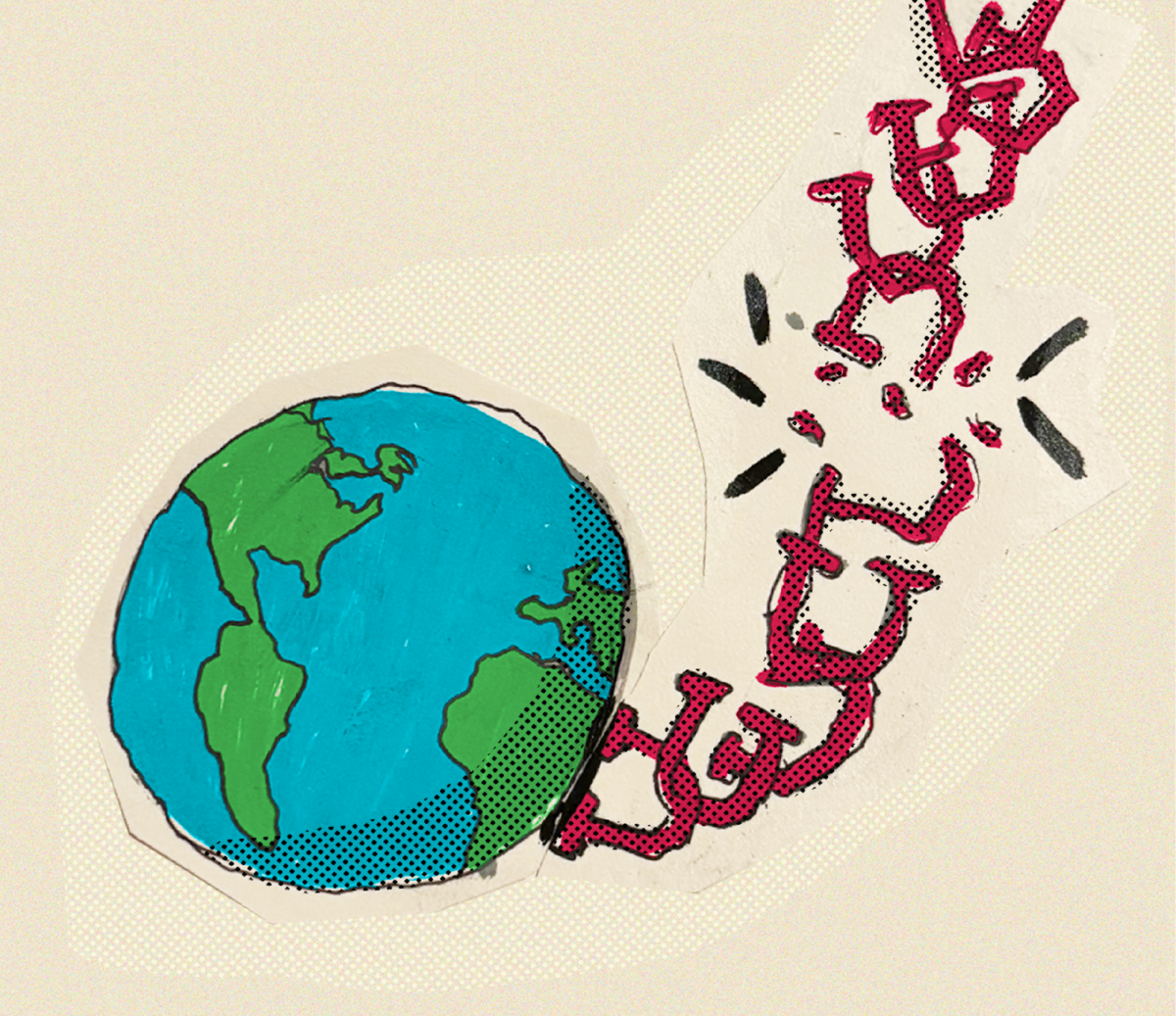Many academics and political scientists have speculated about what al- Qaida is and why members of that group hate America, but it is rare for experts to venture into the inner workings of the organization.
Ibrahim Karawan, director of the U’s Middle East Center, did just that before the committee on foreign relations last week.
“[Al-Qaida] developed-like any institution does-a way of doing things, concepts and principles of action,” Karawan said. “I am making the horrendous claim in your presence today that I know what these are.”
He proceeded to discuss five of what he sees as six components or logics comprising al-Qaida’s operational code.
The logic of shrinking time
Militant Islamic Groups generally arise from a common belief-that things are getting worse fast and the only answer is to resort to violence.
“The MIGs that created al-Qaida have this notion that incrementalism and gradualism are a waste of time, that they are dangerous, that our young people are getting corrupted, our culture is getting distorted, our economy is becoming more dependent, our politics are becoming more subservient,” Karawan said. “They believe it will get worse every day unless we take a combative, radical, immediate, confrontational action today.”
This sense of urgency in the minds of militant Islamists is part of what leads to drastic terrorist actions. Rather than writing petitions or organizing peaceful marches, the response “has to be drastic and it has to try to eradicate existing corrupt unIslamic regimes,” Karawan said.
Unless a regime adheres completely to Islam in three aspects-religion, society and state-MIGs will consider them delusional and deviationist.
However, while al-Qaida subscribes to this view, there are other organizations and many Muslims who believe time is working in their favor.
The logic of the select few
Al-Qaida members have been very deliberate in allowing people to become members of their organization.
Groups in large numbers are generally viewed as defective, and security agents are constantly attempting to gather data about the group for analysis.
“The good ones, under difficult conditions, must be few,” Karawan said. “The MIGs start from the premise that the masses can be easily corrupted, abused, co-opted and manipulated. They must be elitists, they must be leaders and must not apologize for being the ‘bad guy.'”
The reasoning behind the tradition of select few dates back to the foundation period of Islam when just a small group stood by Prophet Mohammed.
Small numbers also give al-Qaida a strategic advantage.
“If you go look for 19 people in a sea of millions…where are you going to find them?” Karawan said. “And if you strike at them, it will not be surgical…it is bound to kill people and violate sanctions…you will be playing their game to provoke you to do that.”
The logic of recruitment
A widespread misconception about al-Qaida is that the group prefers ultra-religious members. However, in actuality, they prefer those with a modern education.
“The idea that may appeal to some of us-that they will be high school drop-outs who get frustrated by modernization-is simply not the case,” Karawan said. “The core of them are people who are highly educated.” Recruitment in MIGs focuses on three elements: kinship, friendship and worship-in addition to regional and private affiliations.
“There’s a focus on time,” Karawan added. “You don’t meet someone in a mosque and say, ‘Would you like to join us in a militant operation?’ You keep this over a long period of time.”
The logic of privatization of funding
When organizations have relied on state funding, they have tended to crumble or become vulnerable when states halted appropriations or improved relations with members’ home nations. Instead of relying on state income, organizations like al-Qaida sent individuals to work in the West or in oil-producing countries. Al-Qaida then collects 10 percent of each person’s income.
“They make a lot of money from that, then they depend on these charity organizations,” Karawan said. “It is an unkept and uncontrolled source of funds that they benefit from.”
Money is collected in all sorts of settings overseas, be it movies, sporting events or even airline flights. “I’m suggesting to you that fund raising is…an ongoing phenomenon in every level, in every institution, in every setting of that kind,” Karawan said. “As such, this will increase the freedom of action of those groups.”
The logic of shifting fronts
Some militant Islamists believed they were near the establishment of Islamic states in Saudi Arabia, Syria, Iraq and Egypt in the past, but those regimes responded with harsh punishment.
“The problem is, the regimes ended up being extremely ruthless in dealing with it,” Karawan said. “These regimes concluded that the worst kind of repression is a mild one-when you move against your enemy without undermining their ability to strike back.”
According to Karawan, the massive repression practiced by those regimes left a clear impression in the collective memory of the people.
“Some people may be assertive until you resort to the political uses of madness, until you become unpredictable,” Karawan said. “All of them failed, and the price was horrendous in terms of human life and human costs.”
While militants were defeated on the domestic front, many shifted their attention to Afghanistan where there was an American-assisted victory over the Soviet Union.
“Mr. [Ayman al-] Zawahiri came up with the idea that, in Afghanistan, one superpower proved to be very vulnerable and was actually brought down,” Karawan said.
Years ago, al-Zawahiri wrote that the Soviet Union was an immediate enemy, but the United States was a more dangerous one. “Really the logic was, one superpower down, one to go,” Karawan said.











